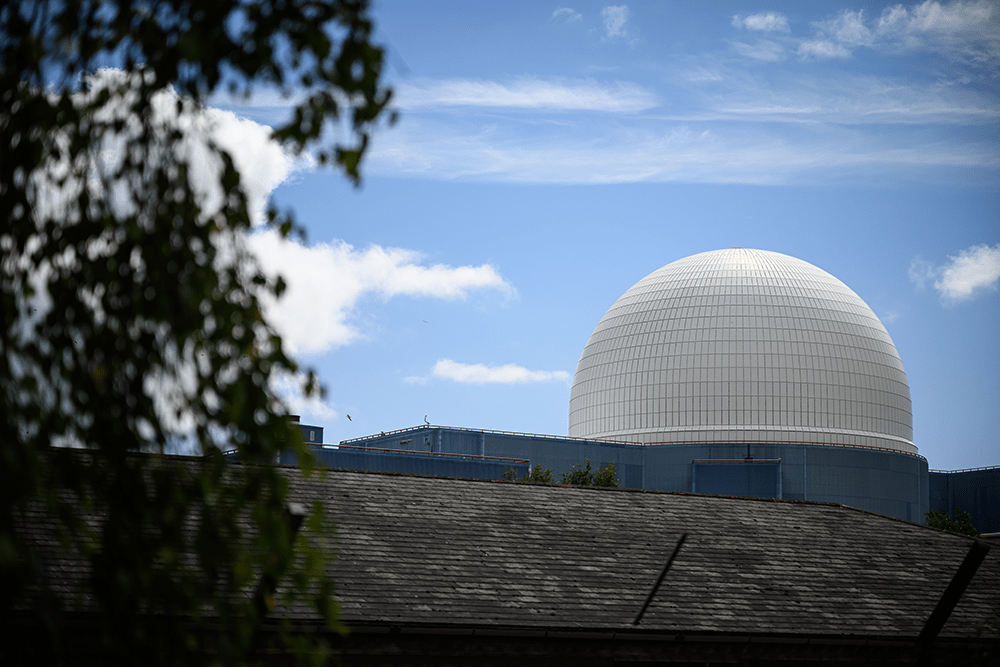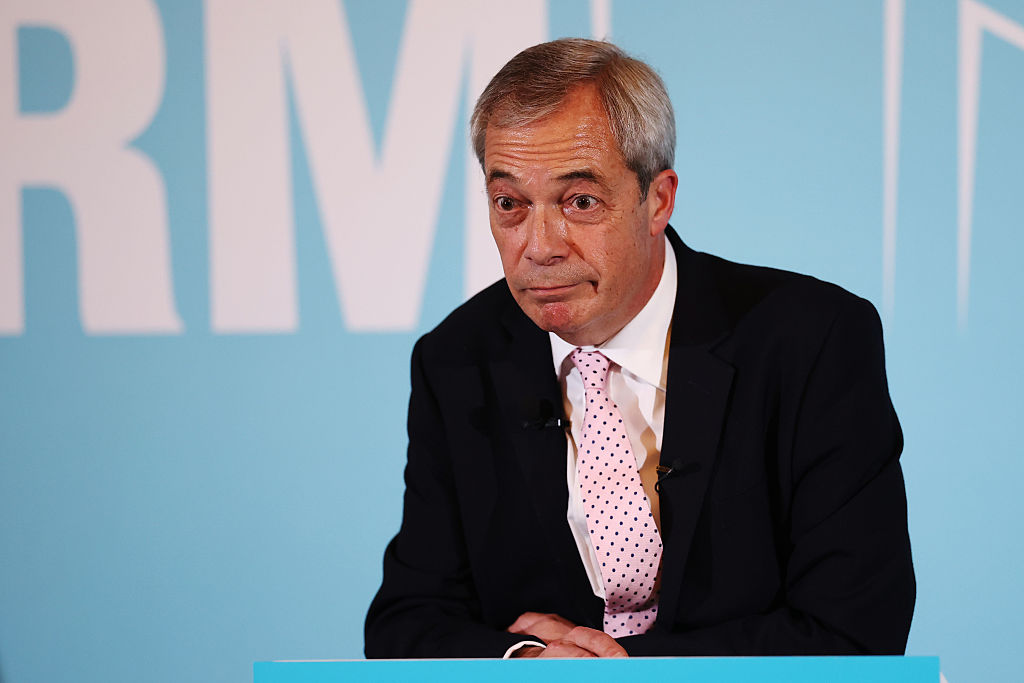
The Chancellor’s promise of £14 billion for the Sizewell C nuclear power station in Suffolk is hardly news. The project has been talked about for 15 years while the existing UK nuclear estate has gradually been shut down and the only other new station, Hinkley Point in Somerset, has stumbled to a decade-long delay and £28 billion of budget overruns. Quite some optimism – verging on Milibandian delusion – is required to embrace the idea that Sizewell will come quicker and cheaper because it will replicate Hinkley Point while avoiding its mistakes. And since Chinese money has been ruled out, it’s still a mystery as to who else will pay for the project beside HMG and the French utility company EDF.
Unarguably, we need a constant baseload of nuclear power to stop the lights going out in mid-century: commitment to Sizewell can’t be all wrong, despite local objections. But what’s intriguing about this week’s news is that it coincides with the naming of Rolls-Royce as ‘preferred bidder’ to deliver the UK’s first small modular reactors, in theory much easier to bring to fruition. If SMRs can really deliver nuclear power one town at a time by the mid-2030s, as planned, Hinkley Point and unfinished Sizewell will begin to look like dinosaurs.
The simple truth is that both should have been done and dusted a generation ago. But nuclear decision-ducking has been a shame on successive governments for as long as most of us can remember.
Defensive stocks
My recent suggestion of a ‘Rearmament Isa’ that would incentivise savers to buy shares in UK manufacturers of military kit brought a positive response from one former defence minister but not from the current Chancellor who, let’s face it, may not be among my most devoted readers. Nevertheless, I’m hoping the idea might feature in an Isa overhaul this autumn, because last week’s £68 billion defence review wish-list of everything from ammo factories to autonomous weaponry was a reminder of how vital it is to sustain an innovative, well-capitalised, British-owned defence industry, rather than one that is picked off piece by piece by US and other foreign predators. And it’s fair to say that the review’s call for ‘warfighting readiness’ makes the sector a strong bet for investors anyway, with or without Isa tax benefits.
Blue-chip defence stocks have already soared since the beginning of the year – BAE Systems up 68 per cent, Rolls-Royce 55 per cent – but may pause as the market discovers how much of the wish list the government actually commits to buying and to what extent UK firms are impeded (as President Emmanuel Macron of France has signalled) from supplying EU rearmament demand. In the meantime, smart stock-pickers will hunt for defence-related businesses that have yet to catch the upswing.
Naturally on this theme I consult this column’s veteran investor Robin Andrews, who suggests taking a look at ‘engineering and electronics companies that are vital in the supply chain and whose customers are major defence companies and in some cases governments directly’. Here’s his promising half-dozen: Melrose Industries in aerospace; Hunting in precision engineering; Filtronic, already a hot stock in telecom systems; and in various aspects of IT, Concurrent Technologies, EnSilica and the curiously named Raspberry Pi. As ever, we urge you to do your own research.
City stampede
Here we go again: three more tech companies abandoning London. Spectris, a listed precision instrument maker that descends from the Fairey seaplane company and might have featured in our roll call of defence-adjacent stocks above, is selling itself to the US private equity giant Advent for £3.7 billion. Alphawave, an Anglo-Canadian designer of ‘high-speed connectivity solutions’ that listed in London in 2021, has fallen to US microchip maker Qualcomm for £1.8 billion. Both deals are at huge premiums over the companies’ last quoted share prices, reflecting the pattern of chronic undervaluation that has driven the decline of the London Stock Exchange and provoked a stampede of takeovers.
Third to go this week is Wise, a money-transfer fintech founded in London by Estonian emigrés and now worth £11 billion, but moving its primary listing to New York. Time and again we’re told City authorities, Treasury ministers and the Exchange itself are urgently pursuing reforms to make London’s capital markets slicker and sexier; but so far, as the exodus accelerates, to no effect whatever.
Top shopkeeper
Last week, to some readers’ irritation, I applauded a €100 million bonus for Michael O’Leary in his 31st year as the presiding genius of Ryanair. So if I’m in favour of high pay for high performance, logic might dictate that I should also favour the £7 million award to Stuart Machin for his third year’s work as chief executive of Marks & Spencer. But I’m not so sure.
The high street chain has certainly revived under Machin’s leadership: profits are up, stores look fresher, the food offer outpaces rivals and the shares have risen 150 per cent since he took the helm in May 2022. And he’s clearly not to blame for the cyber-attack that crippled M&S’s website and cost the business £300 million.
But nor is he a creator of the M&S brand: he’s a hired hand (having previously worked for Sainsbury’s, Tesco, Asda and in Australia) whose efforts have been closely mentored by his powerful chairman, Archie Norman. In that case, is it really fair to pay him 140 times the average store manager’s salary?
Then again, I hear you mutter, what’s fairness got to do with it if £7 million is the going rate for global boardroom talent? Maybe, but it’s a big number for running a shop and it puts Machin in a merciless media spotlight. Having said which, I’ll pop out to buy my M&S picnic lunch.








Comments